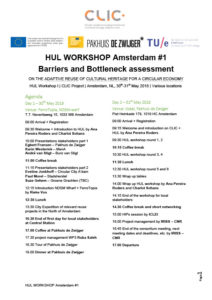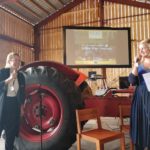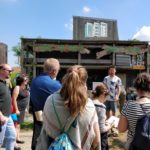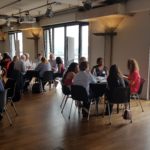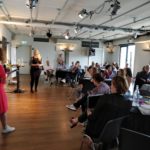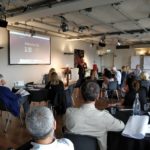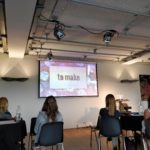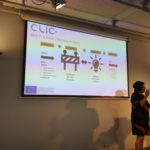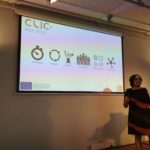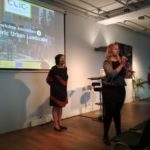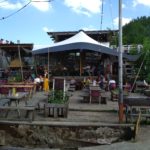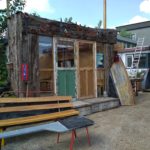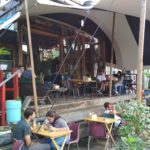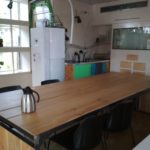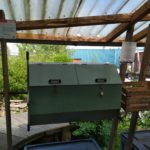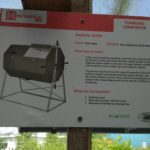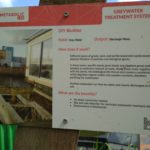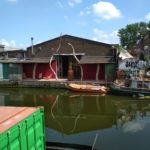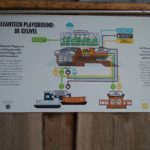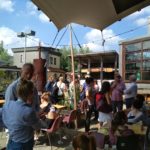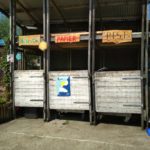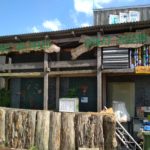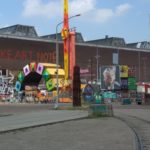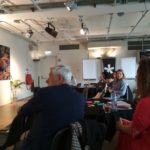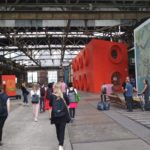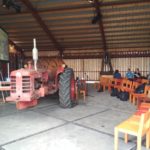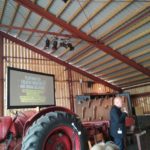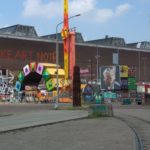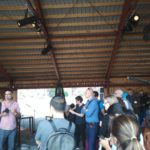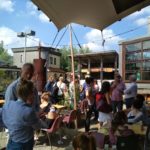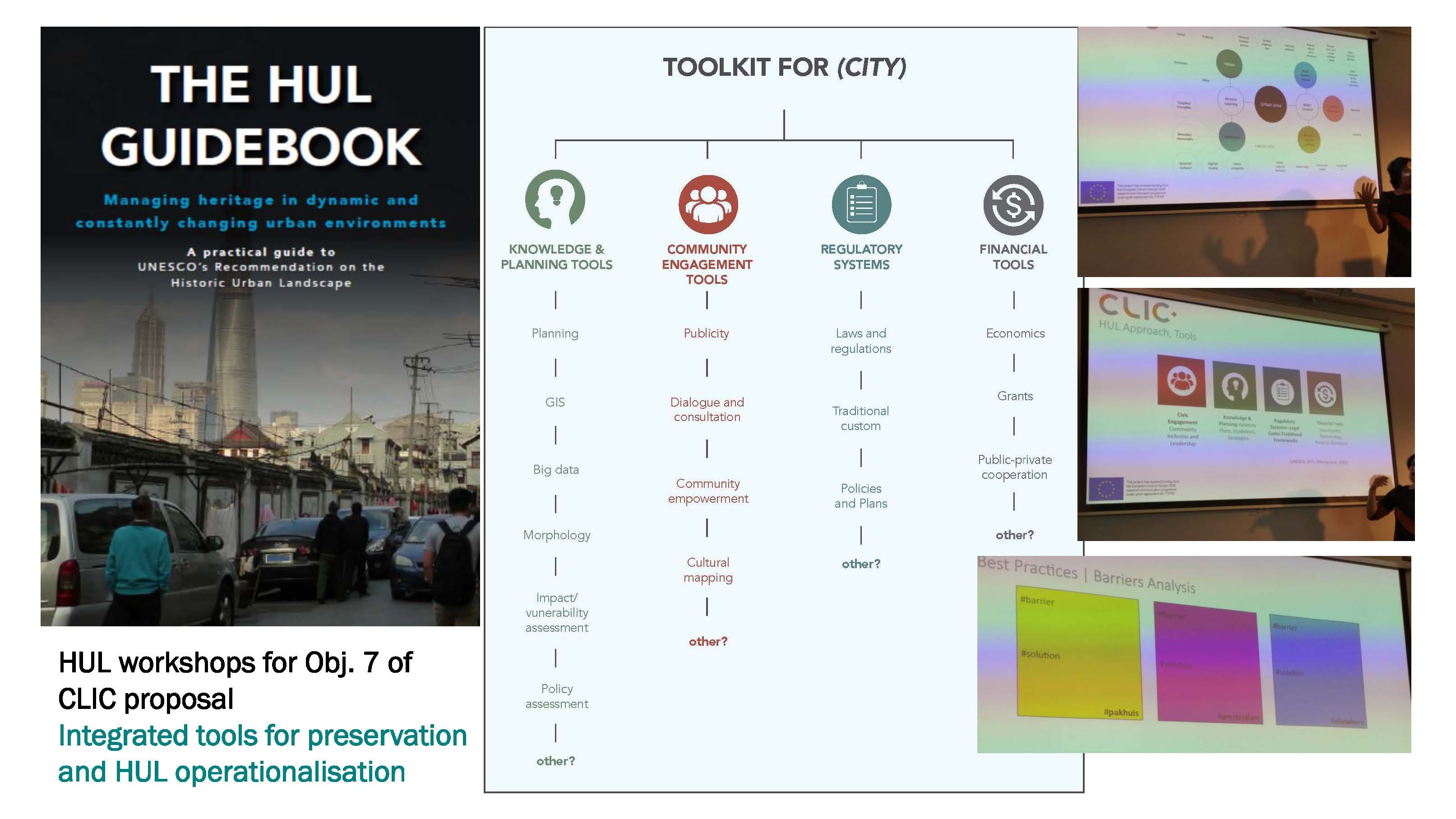
30May
Historic Urban Landscape workshop Amsterdam #1
On 30 and 31 May 2018 the TU/e University of Technology hosted the first Historic Urban Landscape (HUL) workshop for CLIC Project.
This HUL workshop took place in Eindhoven, in Netherlands, and it is organised with the aim of operationalising the Historic Urban Landscape (HUL) guidelines and tools.
As foreseen by CLIC project, the HUL workshop structure is the same for every meeting but the discussion is oriented to different local context that hosts it.
In Amsterdam the first day of workshop offered an exchange of local best practices about circular strategies (“Circular city Amsterdam”), urban cultural heritage management (e.g. “Stadsherstel” organisation) and sustainable solutions for historic buildings (e.g. “Groene Grachten” organisation), multi-cultural activities’ organisation with positive impacts on city (e.g. “Pakhuis de Zwijger”), etc. It presented real-life projects by speakers with first-hand experiences and coming from different backgrounds. This part was concluded by a city walk tour on relevant reuse projects in the North of Amsterdam (e.g. “De Ceuvel” and “NDSM” districts).
The second day was principally dedicated to stakeholder (CLIC partner, associations, foundations, City Council members, SMEs, etc.) engagement in co-design roundtables for investigating barriers and solutions to make HUL tools operational (knowledge and planning, community engagement tools, regulatory systems, financial tools).
The focus is mainly on cultural heritage adaptive reuse, taking into account successful examples (at regional, city, neighbourhood and building scale) in terms of circular economy approaches.
The scheme, proposed and tested within the first HUL workshop, is explained below.
The aim of the workshop is to highlight barriers and solutions from best practices following the 6 steps of HUL implementation (1. mapping resources, 2. reaching consensus, 3. assessing vulnerability, 4. integrating , 5. prioritize actions, 6. establish local partnerships).
Through the World Cafè method, participants of each table – corresponding to one of these 6 steps – turns every 20 minutes to discuss about: the city where the HUL is hosted (#Amsterdam), a relevant local reused historic building (#Pakhuis de Zwijger) and other international practices (#Elsewhere). There is a coordinator for timing the rotation of tables and also fixed roundtables’ facilitators that manage the discussion and give tasks to participants: take time, write a report etc.
The HUL workshop is useful to underline advantages (but also disadvantages) of these models for the local context in an international network and to offer innovative solutions for “circular” cultural heritage adaptive reuse within the framework of HUL toolkit operationalisation.
In Amsterdam the workshop also included a presentation of CLIC cases study (Salerno, Rijeka and Västra Gotland) updates by local and research partner (e.g. Salerno with IRISS CNR, Rijeka with University of Nova Gorica, Västra Gotland with Uppsala University) and a presentation of Heritage Innovation Partnerships (HIPs) sessions by ICLEI.
The intended participants of the workshop are those who are involved in cultural heritage projects based on circular strategies or models: policy makers, local public authorities, managers, heritage professionals, researchers, SMEs, planners and architects.
The workshop is held in English and participants are invited to actively and critically discuss on different issues for having a collaborative approach for CLIC best practices’ collection.
Results of the first HUL workshop, hosted in Amsterdam, will be spread through a report by TU/e University of Technology (Eindhoven).
Resources
- The full programme is available here.
- Presentations: Day 1_Welcome + Introduction to HUL by Ana Pereira Roders and Charlot Schans, Day 2 Wrap up HUL workshop by Ana Pereira Roders and Charlot Schans
Video
Pictures
